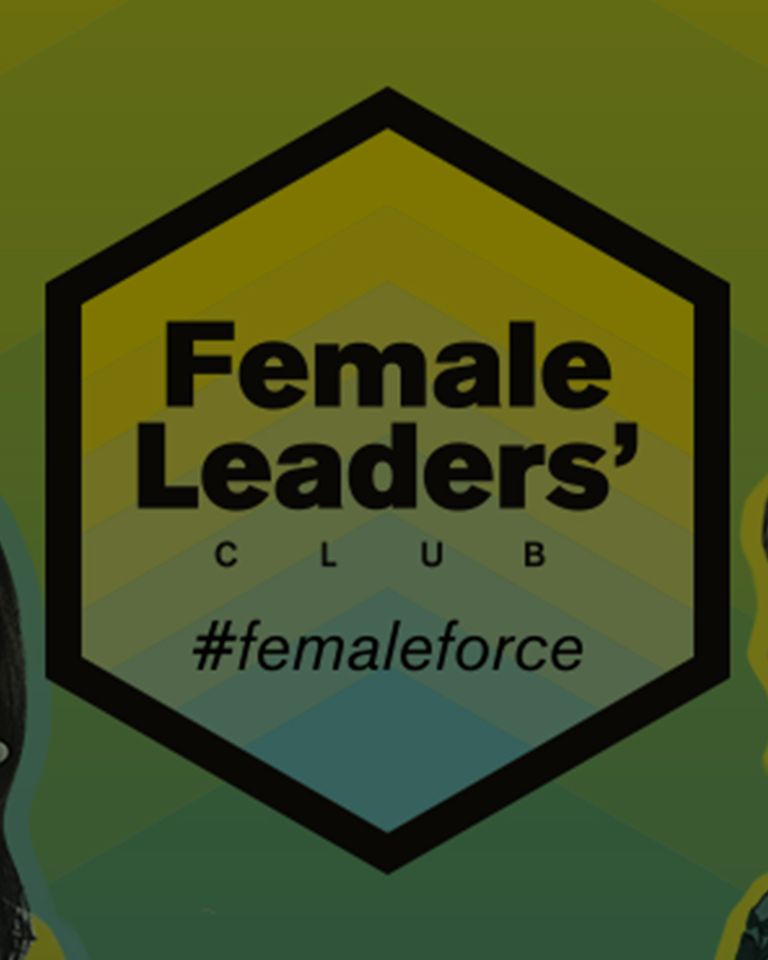Insights from Davos - and the importance of occupying spaces.
4 February 2025

I strongly believe in the occupation of spaces as a tool for empowerment and a driver of change. That’s how I've managed to stablish myself in a market like London - while being a woman, an immigrant, and a Latina: by occupying spaces that once seemed out of reach. So the invitation from the World Woman Foundation to be part of their Davos Agenda on the sidelines of the World Economic Forum (WEF) meant a lot. It represented not only the chance to bring visibility to gender equality and to my home country but also to have a voice.
I see the Forum as an important and potent catalyst for the changes we want to see and a valuable platform for engagement that extends beyond the event itself - an event that, as we know, is inaccessible to most. Being there confirmed the numbers I had read: in 2024, the WEF reported approximately 28% of its participants were women. This is a translation of how much work there is to be done despite how much we make moves in the global economy. We need more women in Davos, from diverse backgrounds, breaking the mould of a historically male-dominated event with fresh points of view. Gender equality can't be truly part of a global agenda if we're not discussing women’s presence in these spaces.
This is the leading purpose of the World Woman Davos Agenda in which I was honoured to participate as the only Brazilian in the line-up. Along with a group of amazing women with expertise in different fields, we took the stage for the panel “Creative Economy & Equality Moonshot” about the role of creativity in driving gender equity. The session aimed to broaden the narrative about the creative industry as an active player in society when it comes to fostering purpose and innovation - and served as a call to action for all professionals. Through our work, we can help reshape culture and influence public perception. Through our leadership, we can make workspaces more ethical and fair for women to thrive without perceiving their personal lives as barriers to their success.
Speaking of innovation, it's been amazing to shake this concept and focus on daring to explore new ways to generate impact. I mean “dare” because women have often been taught to follow predetermined paths, a cultural heritage and a major contribution to the gender gap, limiting creativity that could lead to solutions. Creativity is a movement and it's the core of innovation. Watching so many fantastic female leaders and professionals reinforce that and share how they're taking action was profoundly inspiring. Women who are not asking for change but creating it.
As this Forum's edition key theme, collaboration was another big word in Davos. From geopolitical issues to sustainability and environmental responsibility, many conversations were centred around the so-called inclusive economy - aligning the collaborative approach with the need to reposition humans as a crucial asset in the face of AI and other technological advancements. We can get ready to witness a shift in the role of technology, along with a growing understanding that without investment in the human element, we will struggle to create sustainable solutions for the future, let alone combat disinformation - which I see as one of the greatest challenges of our time.
This humanised approach amidst so many tech-led conversations felt like the real light at the end of the tunnel. I was especially touched by panels reflecting on the connection between AI and spirituality and how this can be the answer to the future. In one of them, His Eminence Shyalpa Rinpoche spoke about AI as a catalyst for self-reflection and reconnection with the inner purpose - exploring possibilities of preserving ancient wisdom and promoting unity over division. In such a fast-paced world, we should be looking at how artificial intelligence can enhance the emotional one - and how much we all, women and men, can gain from it.
As a Brazilian woman, being in a space like Davos feels like breaking real barriers. It is, for sure, about expanding perspectives on a global scale - but it's, mainly, about representing all the women who can't be there for many other reasons. And we can't address gender inequality without also acknowledging those other forms of inequality. There are incredibly bold, purpose-driven female leaders out there advocating for this and changing the world, with no access to the spaces where the future is discussed. Despite that, we push forward. We refuse to be sidelined.
I hope my participation contributes, somehow, for us to keep going, persisting and opening more doors - in Davos and beyond.
By Maira Genovese
Founder & CEO, MG Empower


